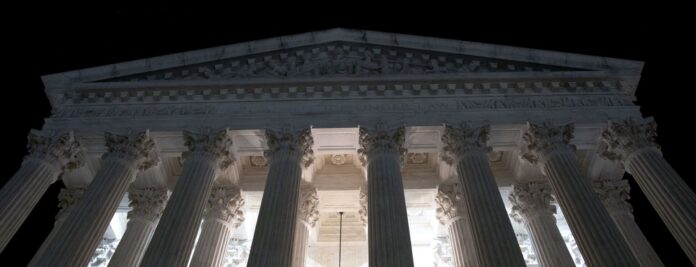The Supreme Court has agreed to weigh in on a case involving estate taxes and company stock valuations. The case, Connelly v. United States, involves a closely held corporation owned by two brothers. Following the death of one brother, the estate and the IRS disagreed over the stock’s proper value—a split reflected in the intermediate federal appellate courts.
The disagreement between the estate and the IRS revolves around the valuation of the stock and life insurance proceeds after the death of one of the brothers. The outcome of this case could have significant implications for how companies and estates plan for the transfer of control after a shareholder dies, as well as the size of the tax bill paid by the estate.
Thomas A. Connelly filed the petition fighting a $1 million tax deficiency assessed by the IRS on the estate of his brother, Michael P. Connelly. The bill came after the agency determined that Crown C Corp., a St. Louis building materials company owned by the brothers, failed to report life insurance proceeds it received after Michael’s death in 2013.
The outcome of this case could have a significant impact on companies and estates, and tax professionals are advising clients to avoid issues where the company is the owner of a life insurance policy for a share buyback. Instead, they suggest utilizing cross-purchase agreements, LLCs, or hybrid agreements to handle ownership and life insurance in a more manageable way.
Ownership Issues
For companies looking to avoid confusion and potential tax issues, it’s best to steer clear of situations where the company is the owner of a life insurance policy for a share buyback. Cross-purchase agreements, LLCs, and hybrid agreements provide alternative approaches to handle ownership and life insurance in a more manageable way.
Regardless of the outcome of the Connelly case, it’s important for privately held business owners to revisit their buy-sell agreements and consider alternative arrangements for ownership and life insurance.
The case is Connelly v. United States, U.S., No. 23-146.
